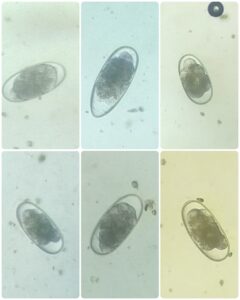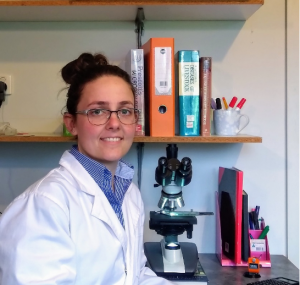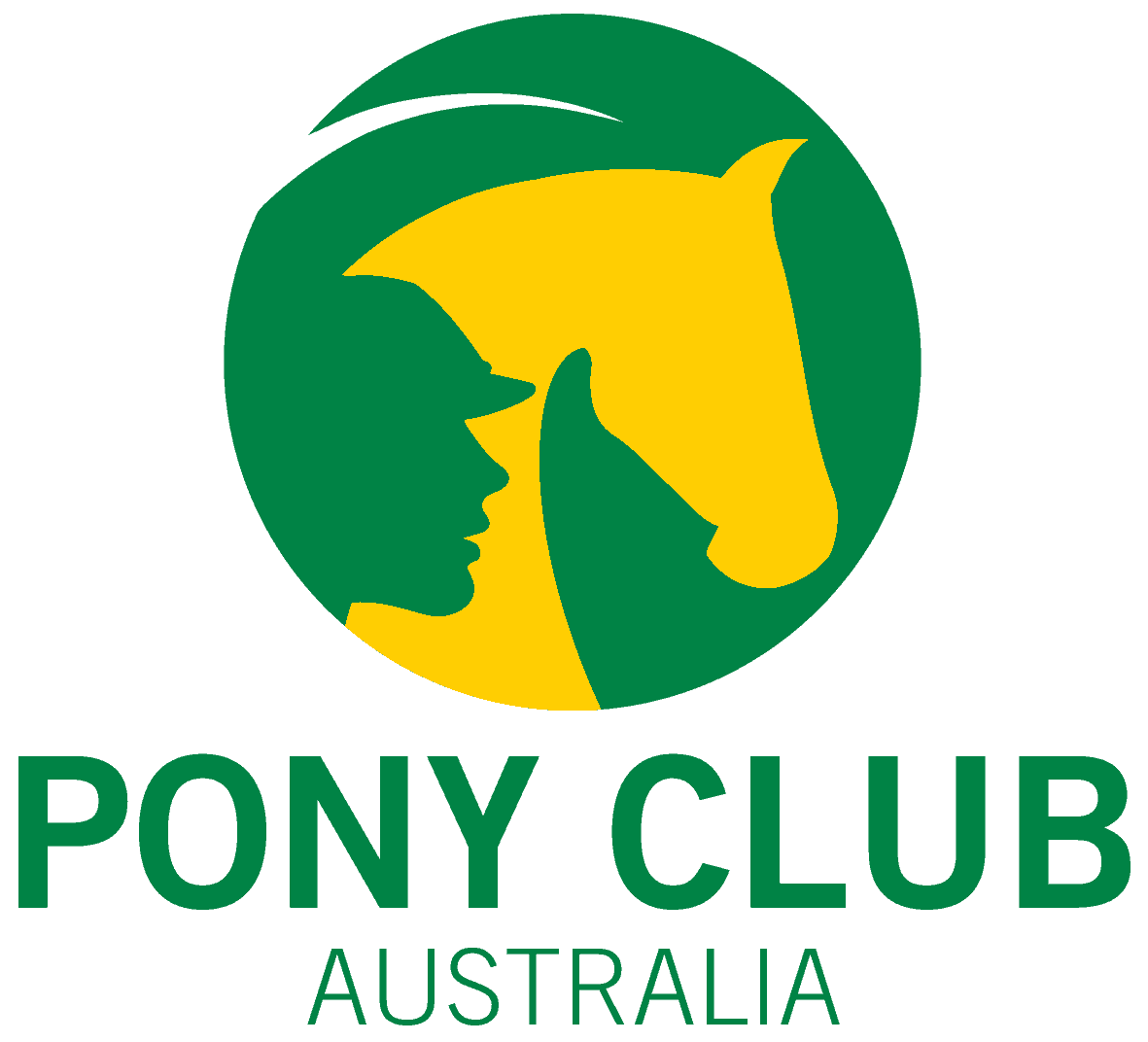All horses should be de-wormed at least once a year: this is to clear out any burdens of worms that may have built up over 12 months, or remove species of parasites that cannot be diagnosed using faecal egg counts, such as bot-fly larvae.
Mid to late autumn is the best time of year to treat all of your horses. Aim for when the weather has fully changed to wet and cold, and the bot flies have finished for the season. At this time of year, a single de-worming treatment can be given that will treat for bot-flies, tapeworm and strongyles – including any strongyles that were encysted over summer, as cool weather can trigger migration from cysts.
If you de-worm your horses earlier in autumn while bot flies are still active, bot-larvae can still infect your horses after treatment, and a second follow-up treatment would be required. De-worming should be minimised as much as possible, so waiting for bot flies to finish is the best way to ensure only a single autumn/winter treatment is needed.
The wormer you choose should consist of these two actives:
- A macrocyclic lactone (Ivermectin, Abamectin or Moxidectin): these will remove both strongyles, and are the only drugs that will remove bot fly larvae. They are often labelled as “boticides”
- Praziquantel: this drug kills tapeworms. If your horse only requires de-worming once a year, it is wise to also include a tapeworm treatment as well as a strongyle/bot fly treatment. De-wormers that include praziquantel are often labelled as “Plus Tape”

Strongyle eggs, found in the FEC of a mare owned by the author. Photo credit: Jacqui Panozzo.
Are faecal egg counts (FECs) required in autumn?
Although all horses should be de-wormed in autumn, FECs are still useful for several reasons:
1. They can be used to test drug efficacy
If your horses are only de-wormed once a year in autumn, then this a good time to check how effective the de-worming drugs are. A FEC before treatment and then a follow up FEC 2 weeks after treatment will allow the presence of any drug resistant worms to be picked up, or give you piece of mind that the treatment worked.
2. They allow you to track your horses’ health and ensure an appropriate treatment is given.
Young horses may have ascarid burdens, and these will need a different treatment regime, often with the help of a vet. Horses with high autumn egg counts may need followup FECs in winter. Your horse may be in poor condition but return a low or zero egg count, suggesting something else is the matter and further investigation is required.
Meet our Pony Club Australia Parasitologist:

Dr Jacqui Panozzo is a past Pony Club member, being a member of Drouin Pony Club (VIC) for over 10 years. She completed her PhD in parasite diagnostics in 2018 with a focus on strongyle nematodes of livestock. Jacqui is a graduate of the Sport Australia ‘Women Leaders in Sport’ program sponsored by Pony Club Australia. She runs her own company ‘WormCheck’ offering faecal egg counts to horse and other livestock owners, as well as teaching Biology and Animal Health at Federation University Australia.
For further information about horse and livestock parasites, follow WormCheck’s Facebook page.
